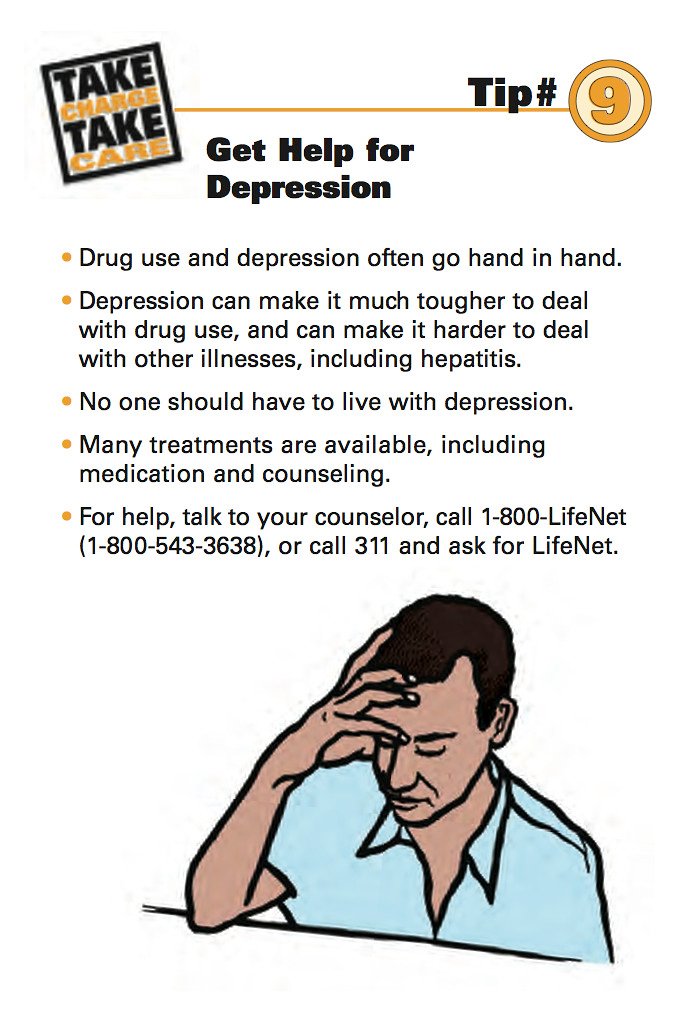While the Goodwill Movement has provided facts and figures, these are very basic and, to an extent, known. The last article, Society and Disability, mentioned how a disabled person’s circumstances (his family) could influence him and his community (friends, peers, etc.). However, that does not justify, in other words, adding value judgment until the self is appeased, which can lead to issues like mental health.
The disabled self
Not that one should obsess about the self, but in Pakistani, breathing rumors is freer than breathing air. Rumors often remarked at early childhood levels like: Who is he? What have they done to deserve him? This parent has done so many sins that one should expect him. [1] So one begs to differ: where is this hatred coming from? One factor is language and culture. Culture needs no further explanation, but language does. For instance, in the native language of Hunza, laagan, which has connotations of being mentally retarded is used widely in Hunza. That being said, not negatively, but words can have effects that one should know about.
We came across a story whereby a disabled person was not willing to accept their condition for a long period of their life because it would freak others out. This idea that a disabled person cannot be politically correct needs to change very rapidly as it would affect one’s mental health, cognitively, emotionally, and socially.
Way forward.
There are initiatives and incentives for mental health prevention and other schemes, include disabled people in the conversation! Otherwise negative consequences will be felt by the disabled community!
[1] * Him is used to describe an experience that most disabled men have, which is more representative of the Goodwill organization. There is no sexism intended.



